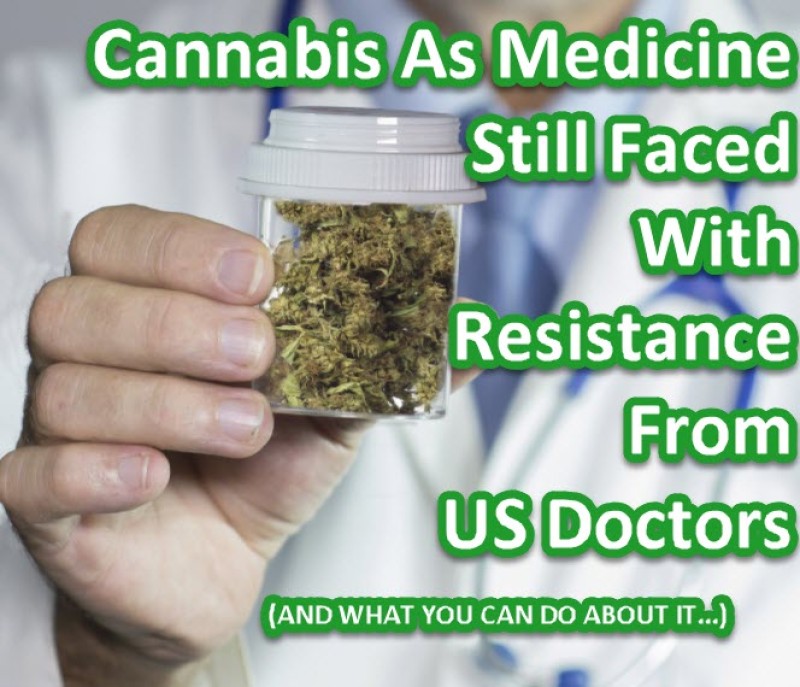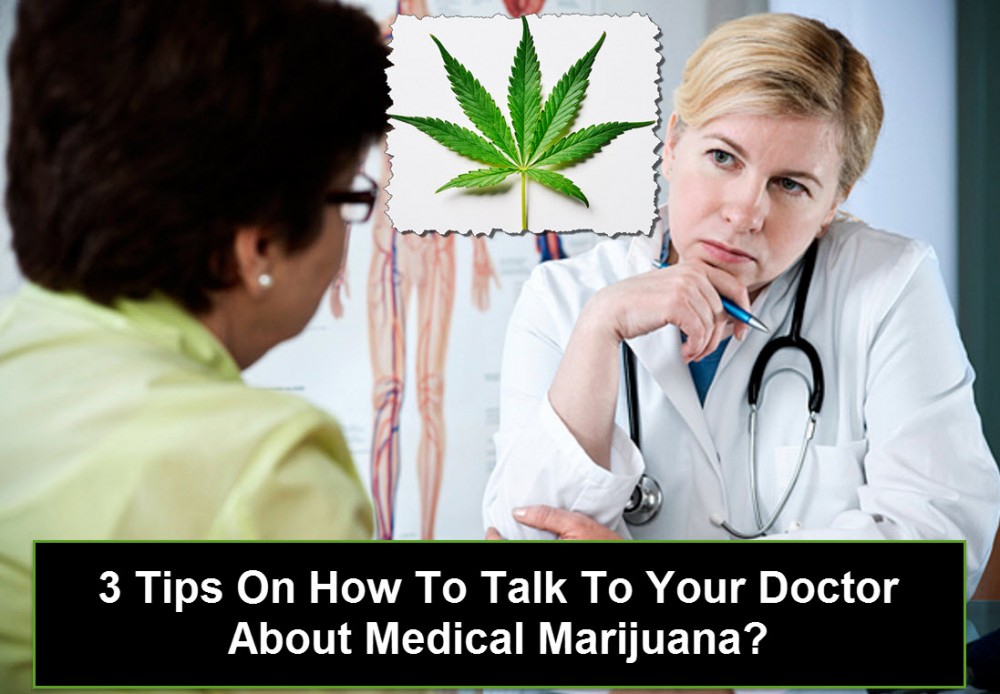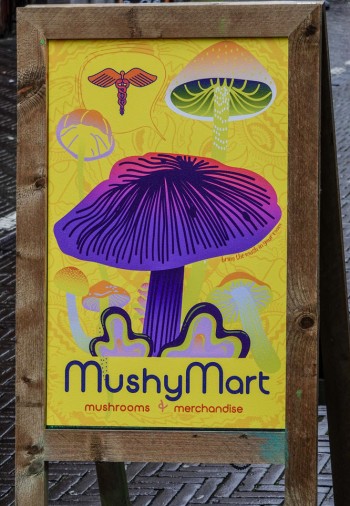Cannabis As Medicine Still Faced With Resistance From US Doctors
Why Do Medical Doctors Still Resist Prescribing Medical Marijuana? from CannabisNet on Vimeo.
…and what you can do if your doctor won’t recommend cannabis
According to the Institute of Medicine of the National Academies, there are around 100 million Americans who suffer from pre-approved conditions requiring cannabis as medicine.
But not all patients can get access to the medicine that they need. To add insult to injury, not all physicians are open to the idea of prescribing cannabis to their patients. There could be many reasons for this – for one, the hazy ever-changing laws surrounding medical cannabis thanks to our government doesn’t make doctors confident about prescribing cannabis. In fact, it probably makes them afraid because they may face fines, arrests, lose their licenses, or all at the same time.
Using cannabis goes against the grain of everything doctors have been taught of in law school. They still have questions about its addictive properties, or if there are overdose or deaths that can occur if they prescribe it.
However, how can doctors deny the growing body of scientifically-sound studies proving the medicinal benefits of cannabis? And the fact that 29 states have legalized cannabis for medical use, while another 9 and Washington DC have legalized it for recreational use?
It’s one thing to refuse to prescribe the medicine yourself as a doctor; it’s a whole other ballgame if you fight legalization – which can deny millions of people the very medicine that will save their lives.
Cannabis Should Not Be Used To Treat Sleep Apnea, Says The American Academy of Sleep Medicine
The American Academy of Sleep Medicine (AASM) says that cannabis, as well as synthetic cannabis extracts, should not be used to treat obstructive sleep apnea.
Almost 30 million adults in the United States suffer from obstructive sleep apnea, a chronic condition characterized by the collapse of the upper airway during slumber. Symptoms include excessive daytime sleepiness and snoring. If left untreated, obstructive sleep apnea can lead to an increased risk of: stroke, high blood pressure, atrial fibrillation, diabetes; cognitive function and memory will suffer, and they are more prone to fertility issues and a reduction in sex drive. It can also lead to other complications such as increased risk for motor vehicle accidents, gastrointestinal reflux disease, and attention deficit hyperactivity disorder in children; even death.
Last November 2017, the Minnesota Department of Health announced that they would be adding obstructive sleep apnea to the list of qualifying conditions for the state’s medical cannabis program. The AASM responded with a backlash, releasing a position statement that the condition should be excluded because medical cannabis has unreliable delivery methods and there is a lack of evidence that it is an effective treatment and that it’s safe.
“Until we have further evidence on the efficacy of medical cannabis for the treatment of sleep apnea, and until its safety profile is established, patients should discuss proven treatment options with a licensed medical provider at an accredited sleep facility,” says the position statement’s lead author Dr. Kannan Ramar, a professor of medicine in the division of pulmonary and critical care medicine at Minnesota’s Mayo Clinic. The statement was published in the mid April issue of the Journal of Clinical Sleep Medicine.
The position statement completely disregards the studies. In 2013, the first human trial was conducted analyzing the effect of dronabinol, a synthetic version of THC, on sleep apnea. They looked at 17 participants with sleep apnea, who were given various doses of dronabinol before bedime for 3 weeks. They found that dronabinol was effective in reducing sleep apnea markers by 32%.
While dronabinol hasn’t been approved by the FDA to treat sleep apnea, surely there is a lack of studies using actual cannabis because scientists have difficulty obtaining access to the drug. The reason for this?
Cannabis is still an illegally federal substance.
But no harmful side effects or overdose cases have been associated with the drug. So why are doctors against it?
“Until there is sufficient scientific evidence of safety and efficacy, neither marijuana nor synthetic medical cannabis should be used for the treatment of sleep apnea,” says AASM President Dr. Ilene Rosen.
Utah Medical Association Tries To Block Medical Cannabis Legalization
The Utah Medical Association (UMA), comprised of member doctors from around the state, just released a statement saying that the people responsible for organizing the ballot initiative to legalize cannabis have deceived their supporters.
People backing the ballot are circulating a petition to ensure it makes it to the November polls. However, the UMA wants to know who signed the petition, and those who supposedly were under false pretenses to withdraw their signatures.
“UMA urges the rejection of the Utah Initiative,” says the letter. “Citizens who have been unknowingly fooled into signing the petition are encouraged to contact the lieutenant governor’s office…. Or their county clerk’s office to obtain the form needed to remove their names from the petition.”
According to the UMA, they feel that the ballot is being used for the sole purpose of increasing access to recreational cannabis.
“This initiative is not about medicine,” says the letter. “Supporters have used images and stories of suffering patients to disguise their true aim: opening another market for their product and paving the way for recreational use of cannabis in Utah.”
The UMA also says that if the voter initiative gets approved, cannabis will be accessible to children as well as anyone who believes it has medicinal cannabis whether or not they are diagnosed with a condition. Even if the initiative’s language does say that parents of minors have the freedom to approve their child’s use of medical cannabis, it does specify that a medical card needs to be obtained by any person before they will be legally allowed to buy cannabis from dispensaries.
To get the medical card, patients are required to have a recommendation written out by a physician. Utah will include around a dozen qualifying conditions for the card such as chronic pain, PTSD, and HIV however it will be up to the doctors to approve medical conditions. The Utah Department of Health will then approve and issue the cards once the recommendations have been received. The language also indicates guidelines for labeling and packaging, distribution, and inspections.
The UMA is hardheaded in their claims, saying that cannabis in plant form is impossible to regulate because there are still inconsistencies of THC and CBD in strains or crops, which they say makes it dangerous. The UMA’s ludicrous claims come at a time when even more studies have been released, proving how cannabis can reduce opioid overdose mortality.
But the UMA isn’t having any of that. They don’t care if the people want or need cannabis, or support its legalization. “UMA is not concerned about recent surveys that seem to show support for the concept of medical marijuana” says the letter, referring to the Utah Policy poll which found that 77% of the state’s locals support the initiative.
The initiative has already collected over 122,000 signatures to support the ballot, even though only 113,000 were required. But the organizers still require the support of 10% of voters from last elections in 26 out of 29 voting districts. UMA condemns supporters of the initiative while admiring Utah Governor Gary Herbert for being against the initiative, which was revealed in a letter he released on March 29 where he said he was going to “actively oppose” the initiative, while supporting two other bills he signed last month which calls for a much more constricting medical cannabis program.
What Should You Do If Your Doctor Doesn’t Want To Prescribe Medical Cannabis?
It will take years of work to undo the reefer madness mentality that’s still present in the United States: from doctors to politicians, they’re everywhere. Attitudes are changing for the better, but we still have a long way to go.
If you’re asked your doctor to give you a medical cannabis prescription and have received a flat out rejection… first of all, remember that you can only ask for recommendations, not prescriptions. Once you have a recommendation, then you can apply to your state in order for you to get your card. When your card has been approved, you can legally purchase cannabis from a licensed dispensary to treat your condition.
Keep in mind that in most states, its common for this whole process to be tedious. It also helps to remember that as of now, many physicians don’t recommend cannabis as the first course of treatment – unfortunately many of them are still conservative and would rather prescribe pharmaceutical drugs first.
Even as more states than ever are relaxing their regulations when it comes to medical cannabis access, there will still be roadblocks for as long as it remains a federally illegal substance.
Better yet, if you live in a state where cannabis is legal medically, remember that it isn’t the end of the world. We have an extensive directory of 4/20-friendly doctors, physicians, and clinics in the United States. Access the directory here, and find a doctor near you who will be happy to evaluate you and recommend cannabis.
Marijuana As Medicine Still Faced With Resistance From US Doctors from CannabisNet on Vimeo.
OTHER STORIES YOU MAY ENJOY...
HOW TO TALK TO YOUR DOCTOR ABOUT MARIJUANA, CLICK HERE.








